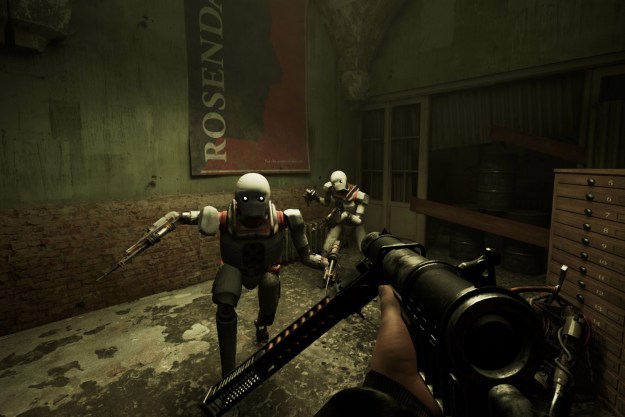 According to AllThingsD, Facebook game developer Zynga will file its IPO papers within the next two weeks. “Sources close to the situation” say the move is imminent and that Goldman Sachs will be among the lead bankers.
According to AllThingsD, Facebook game developer Zynga will file its IPO papers within the next two weeks. “Sources close to the situation” say the move is imminent and that Goldman Sachs will be among the lead bankers.
Anytime a social media-esque company sparks IPO rumors, the bubble talk follows. While something so extreme as the race to avoid the bubble bursting may not be Zynga’s primary motivation, the success of the Pandora and LinkedIn public offerings could easily be part of Zynga’s motivation to follow suit. After filing its IPO, LinkedIn’s stock took a shocking jump and boosted the company’s value to approximately $9 billion. And if those numbers weren’t enough to have Zynga execs mulling the move, the fact that the company’s top three investors own $5.14 billion in shares might have something to do with it.
Th news doesn’t come as much of a surprise. A round of fund raising in February that raised its value to roughly $10 billion was fairly indicative that Zynga had its eye on an IPO.
It’s a good time to be behind a reputable social networking platform that has established itself as some sort of innovator – which Zynga has done. The company is largely responsible for the mania of Facebook games as well as the success of spending money for in-game, virtual goods. Zynga continues to accumulate shocking profits with its line of “-Ville” games (recently adding GagaVille to the mix) and reportedly brought in $850 million in revenue last year.
So does this mean an IPO wave is coming? It’s no secret that there’s rampant speculation that the likes of Twitter, Facebook, and Groupon will be part of this public filing boom. Groupon has created the most buzz, given the fact that daily deals saturation is nearing insurmountable annoyance, plus its insanely high valuation. And despite how young Zynga and its fellow social media companies are, they have the social-startup-craze on their side.
If Zynga does file its IPO papers in the coming weeks, we’ll be granted a thorough look at the company’s numbers. But don’t get your hopes too high just yet: AllThingsD originally speculated Groupon would file its IPO sometime around May 17.


